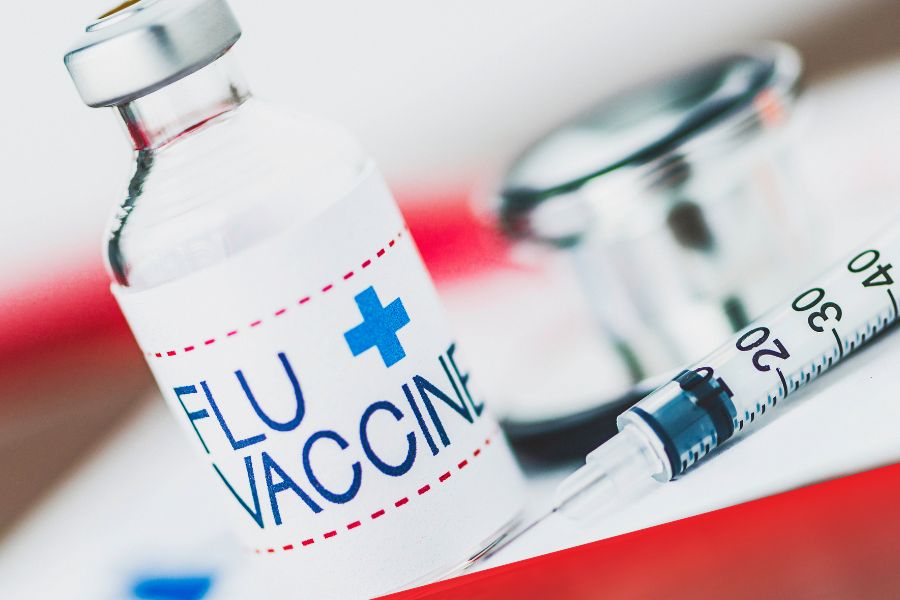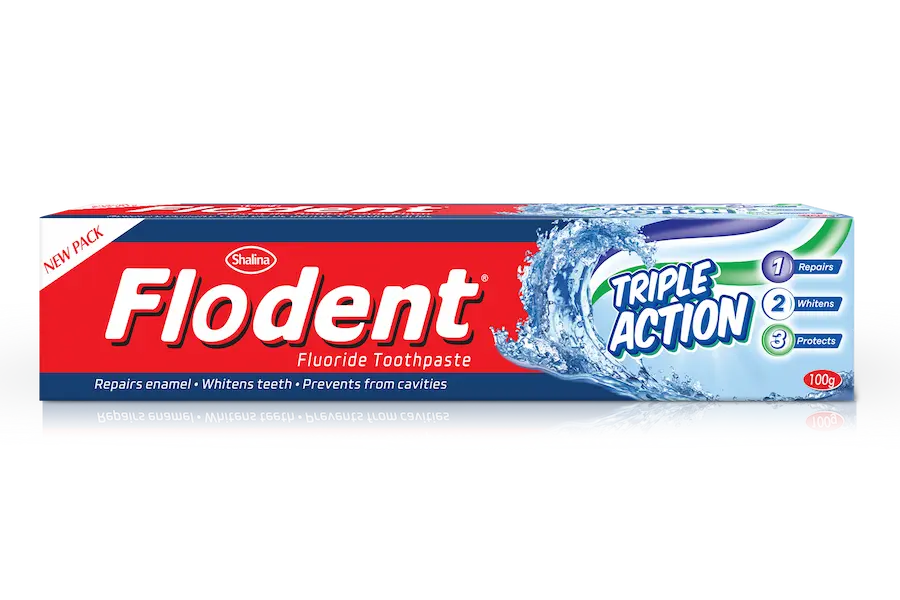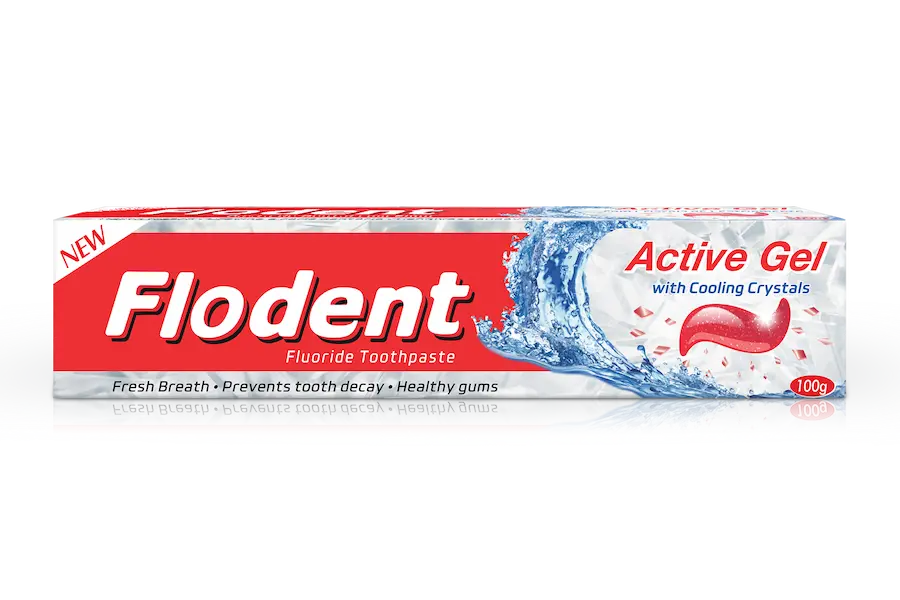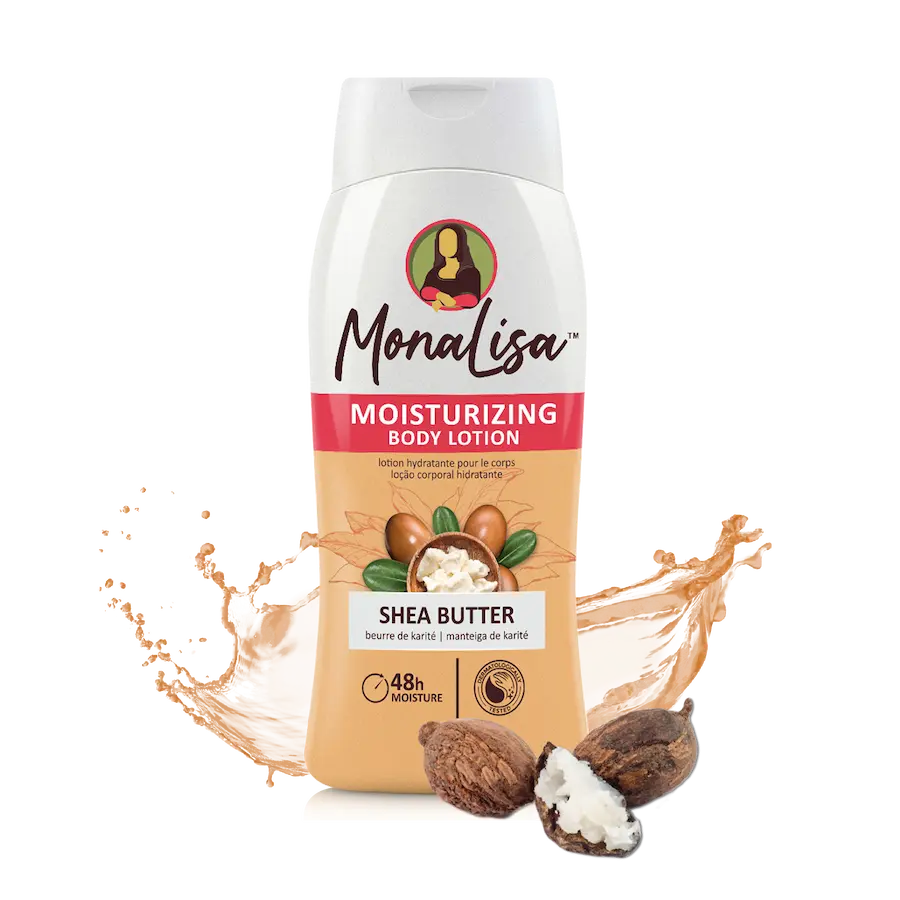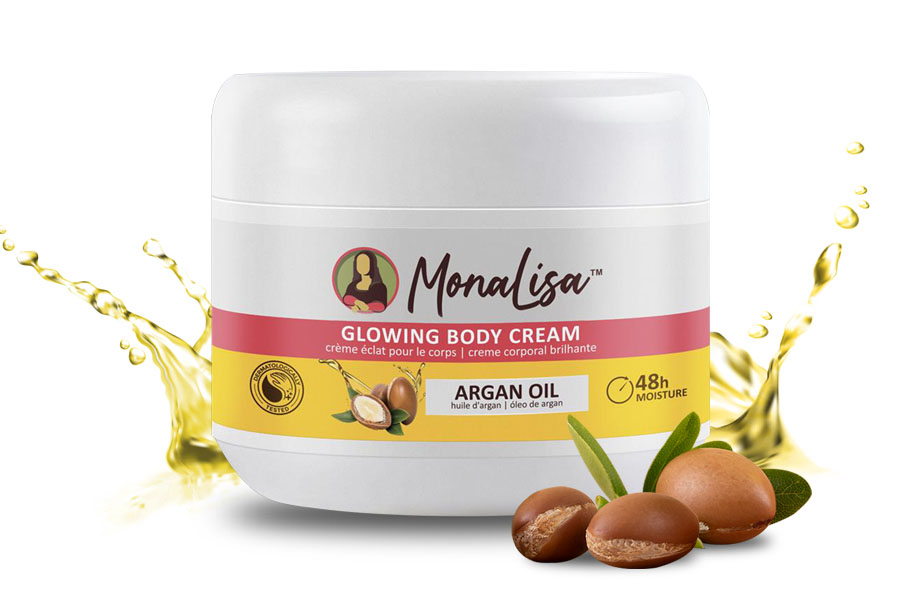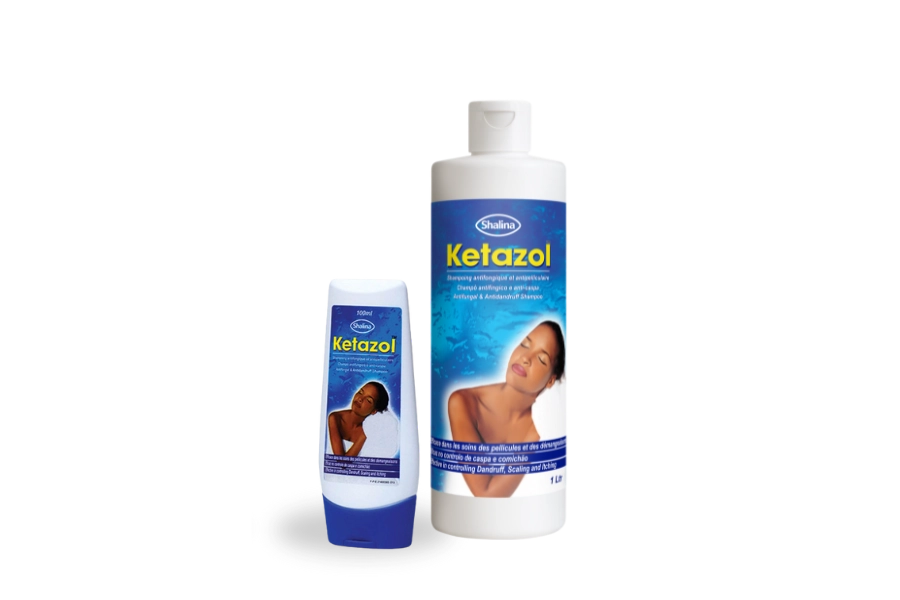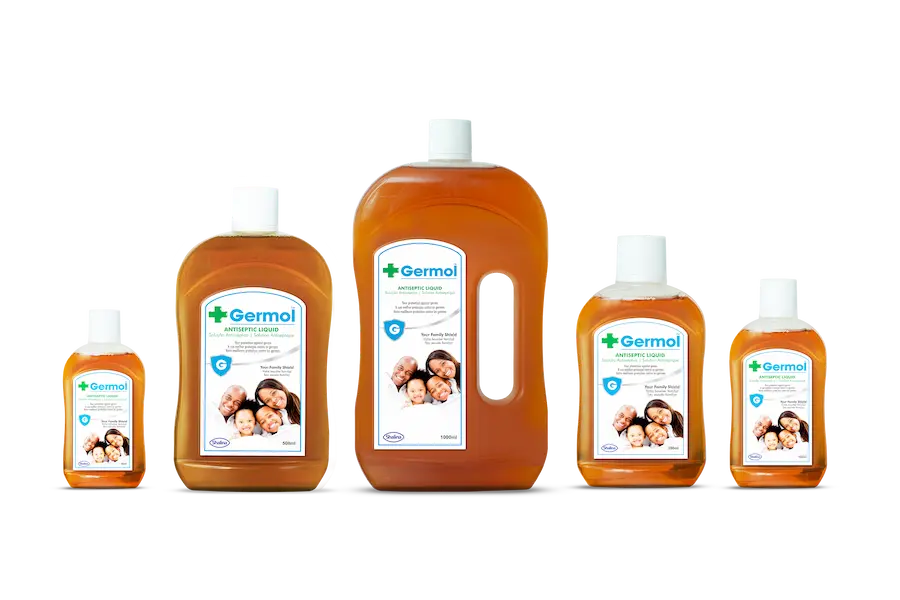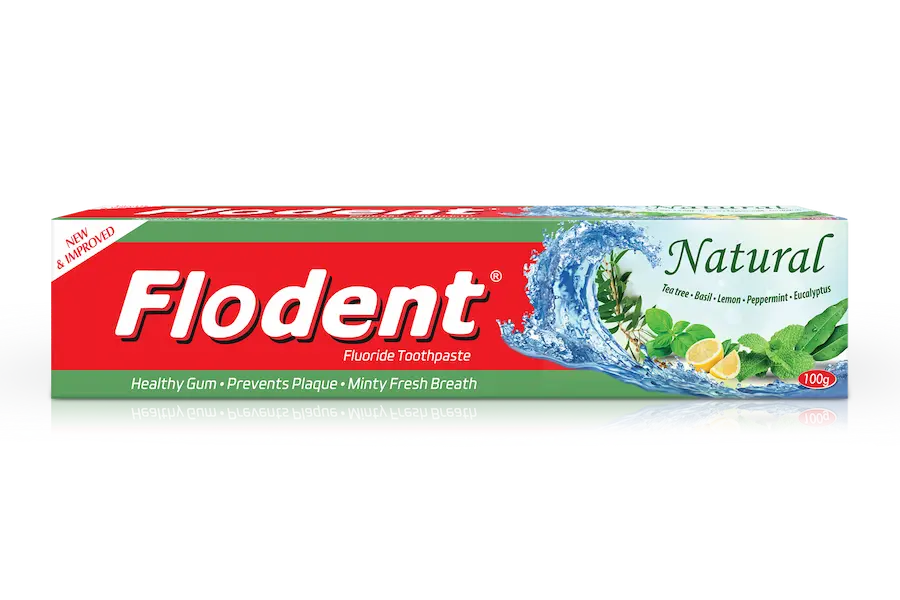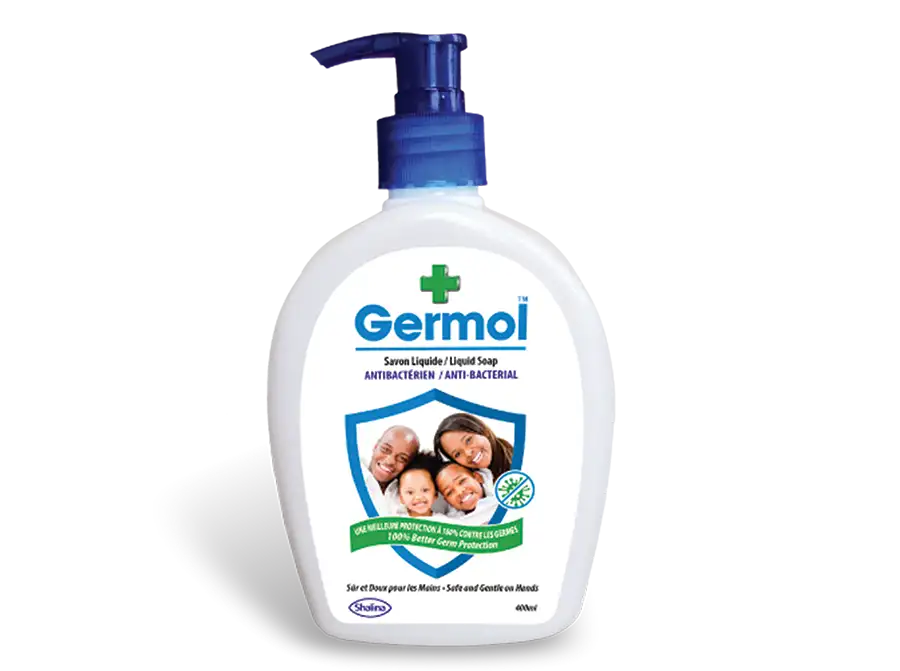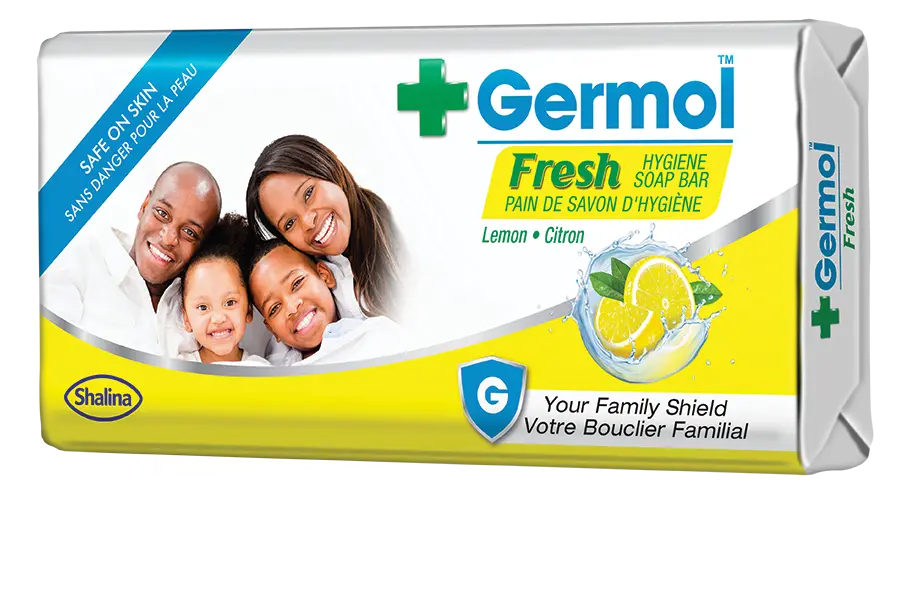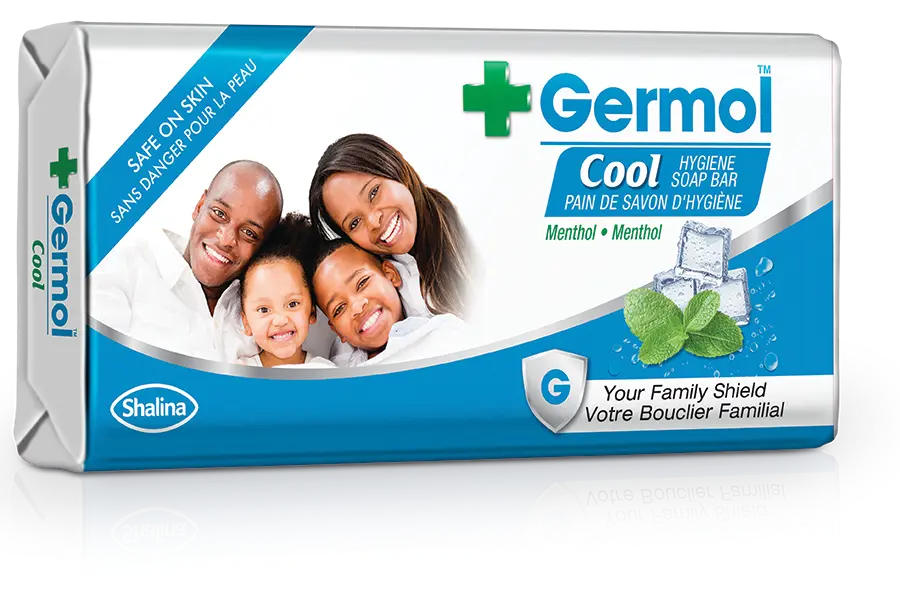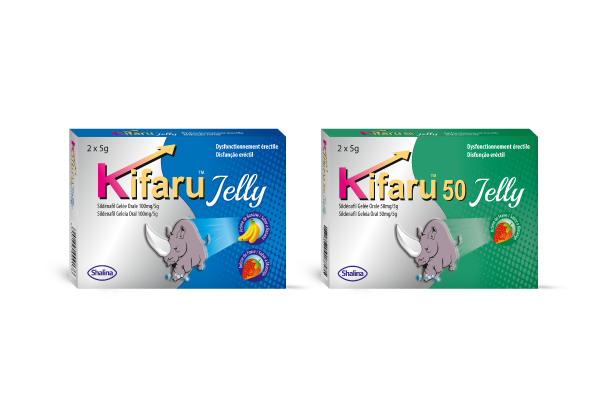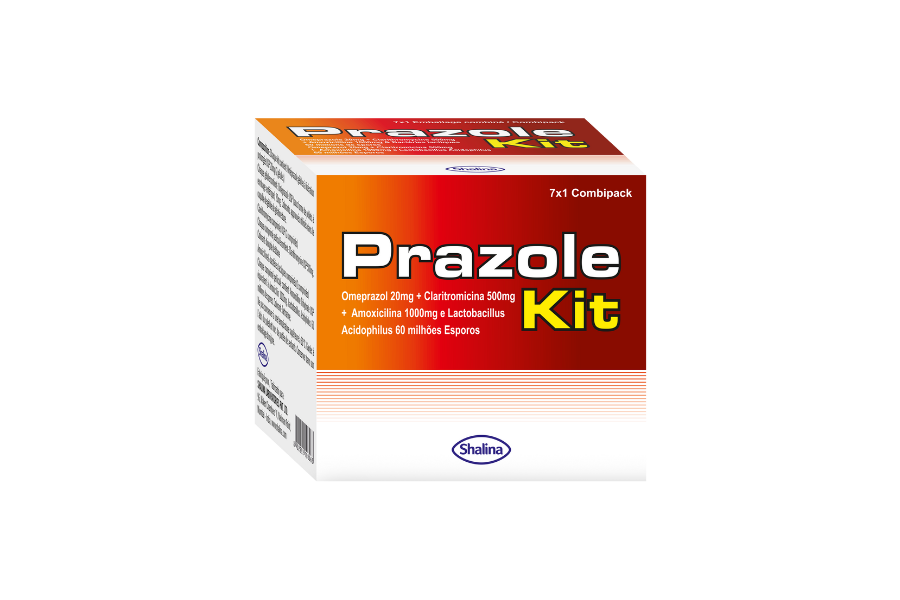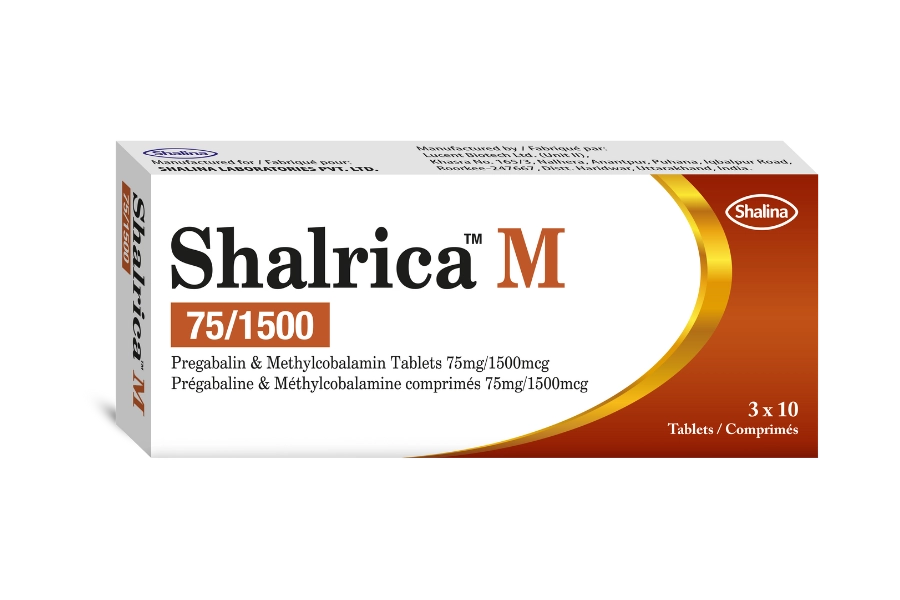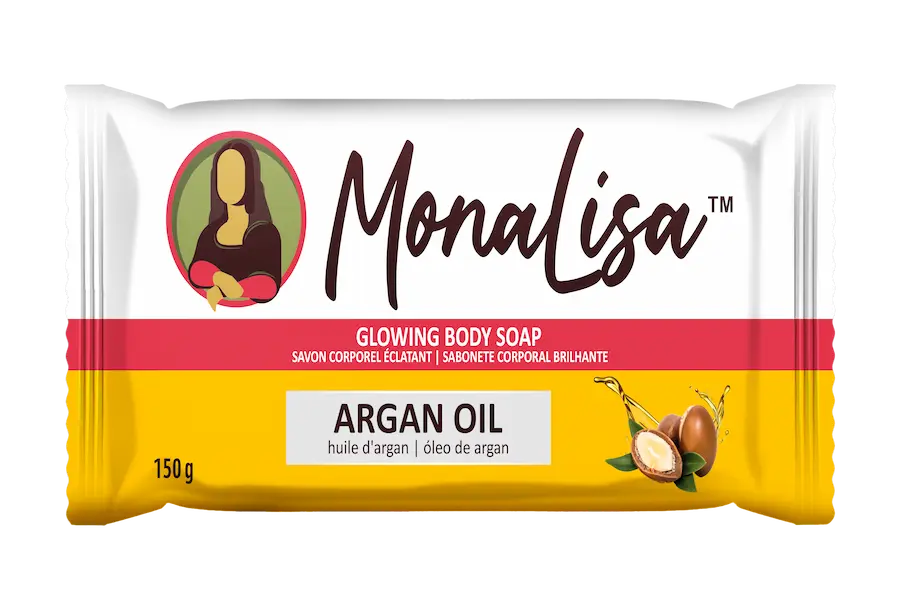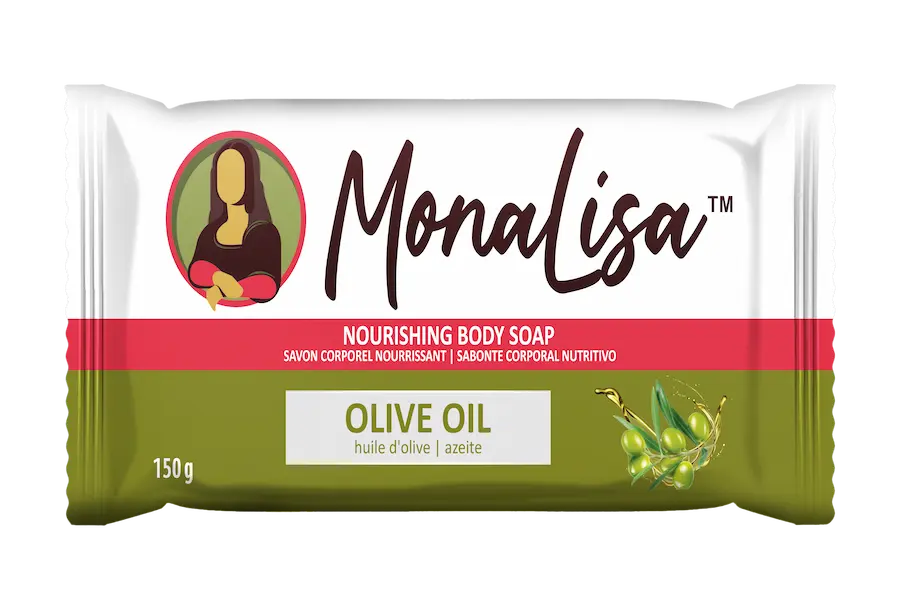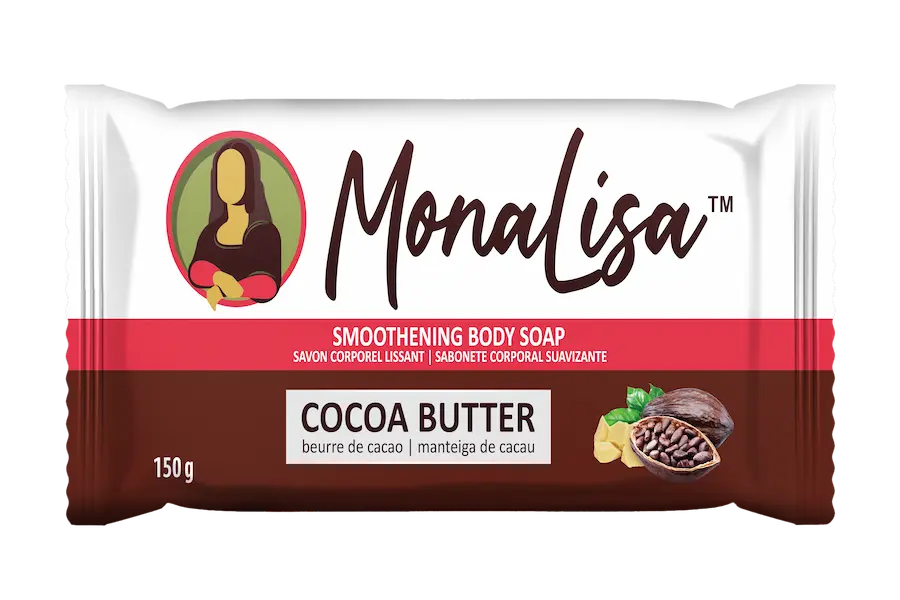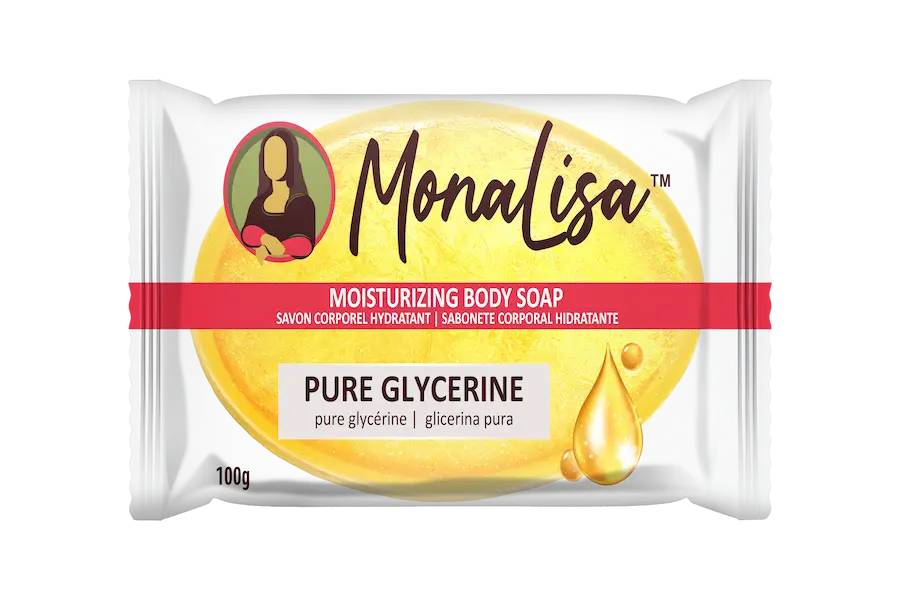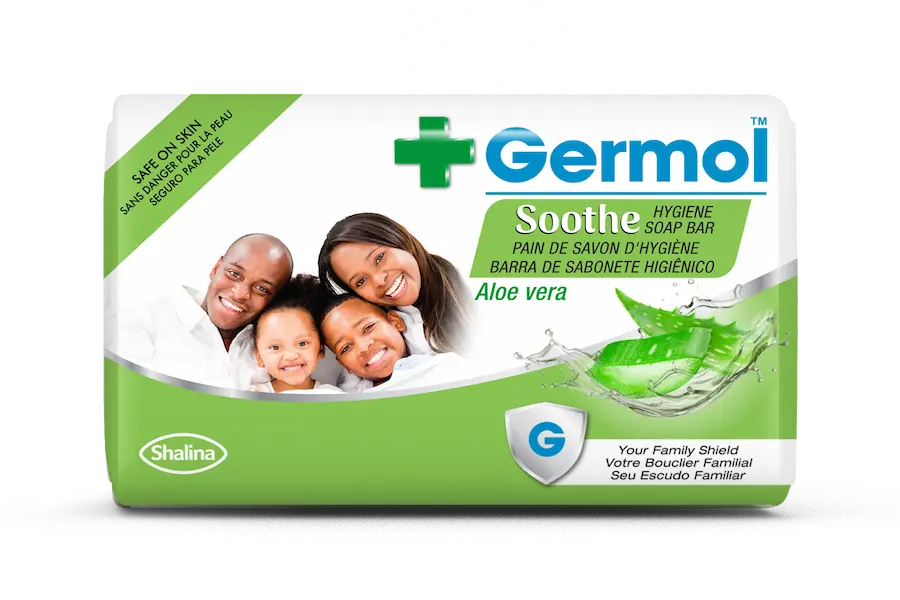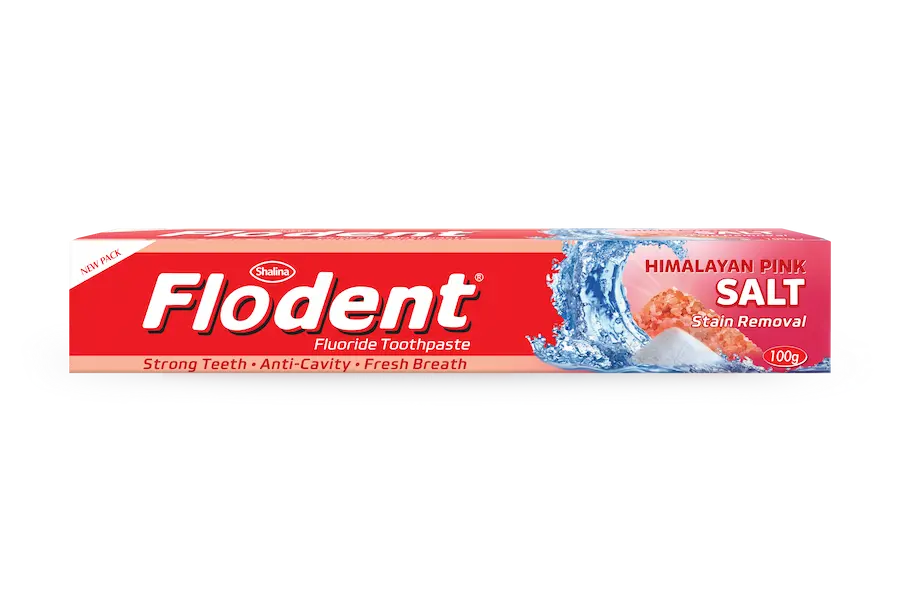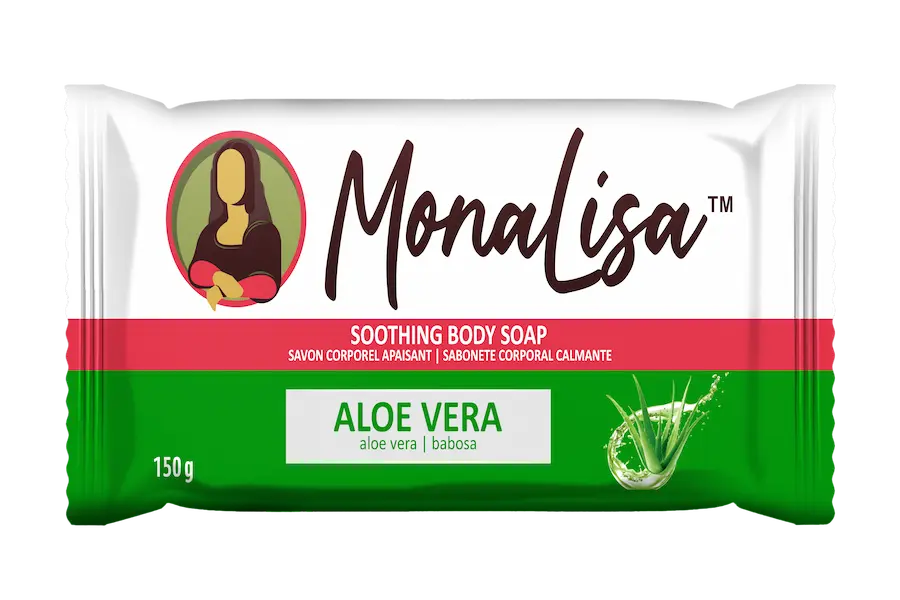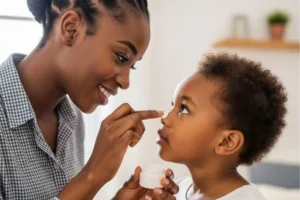So many people think vaccines are only for children, but this isn’t the case. As adults, our immunity can fade, and new health risks appear as we get older. Pregnant women, working adults, and older people all benefit from vaccines that protect not only themselves but also their families.
Adults
Important vaccines for adults include:
- Tetanus booster – every 10 years.
- Hepatitis B – highly relevant in Africa where infection rates are high.
- Flu vaccine – yearly, especially for people with chronic illnesses.
- MMR (measles, mumps, rubella) – for adults who didn’t get these as children.
Pregnancy
Pregnant women may need certain vaccines to protect both mother and baby:
- Tetanus vaccine – prevents tetanus during childbirth and protects newborns.
- Flu vaccine – helps prevent severe illness during pregnancy.
- Whooping cough vaccine (if available) – protects newborns until they are old enough for their own shots.
Older Adults
As we age, the immune system weakens. Extra protection is important:
- Shingles vaccine – for adults over 50 or 60.
- Pneumococcal vaccine – helps prevent pneumonia.
- Annual flu vaccine – lowers the risk of serious flu complications.
Outbreak-Prone Diseases
In Sub-Saharan Africa, some diseases spread quickly in communities, especially during outbreaks or where clean water and sanitation are limited. Vaccines can help reduce the risk in these situations or in high-risk areas. Examples are:
- Cholera vaccine – oral vaccine used during outbreaks.
- Typhoid vaccine – increasingly part of childhood schedules, but adults may also need it.
- Mpox vaccine – given during outbreaks or to health workers.
- Yellow fever vaccine – required in many African countries and for travel.
These may not be part of the regular schedule everywhere, but health authorities use them when and where they are most needed.
Conclusion
Staying up to date with vaccines is a lifelong commitment to health. Whether you’re a young adult, pregnant, or enjoying older age, by keeping your vaccines up-to-date, you’re protecting yourself and helping build a healthier, safer future for your family and community.
References
https://pmc.ncbi.nlm.nih.gov/articles/PMC4964839/#
Recommended immunization schedules for adults
https://www.nhs.uk/pregnancy/keeping-well/vaccinations/
https://www.discovery.co.za/vitality/vaccination-for-older-adults
https://www.who.int/teams/immunization-vaccines-and-biologicals/diseases/cholera
https://www.who.int/teams/immunization-vaccines-and-biologicals/diseases/typhoid
https://www.who.int/teams/immunization-vaccines-and-biologicals/diseases/yellow-fever
https://www.who.int/news-room/fact-sheets/detail/monkeypox

